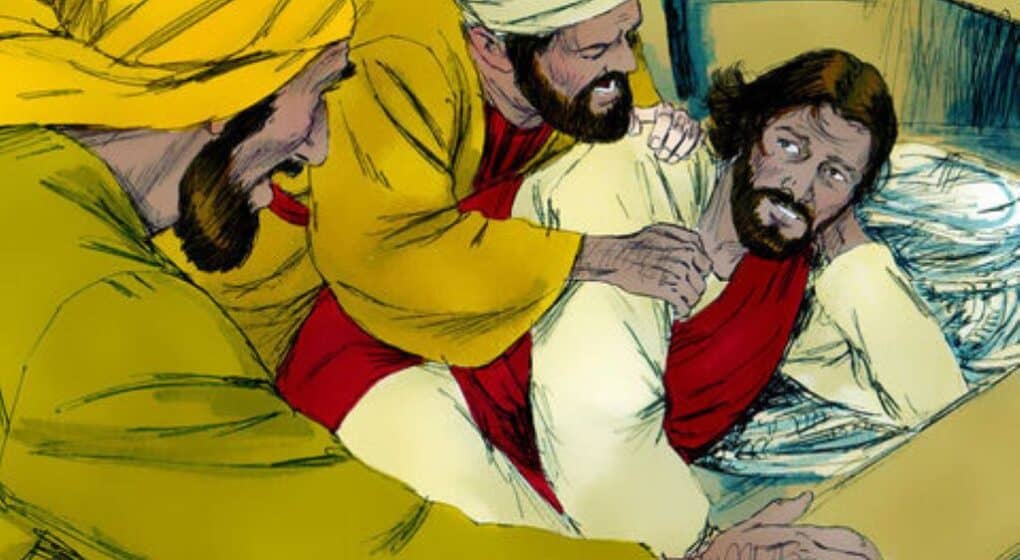
“There’s love at the heart of our storms. If you turn to God through faith in Christ, he won’t let you sink. Why not? Because the only storm that can really destroy — the storm of divine justice and judgment on our sin and evil — will never come upon you. Jesus bowed his head into that storm, willingly, for you.”- Timothy Keller
“By prayer let me wrestle, / and He will perform. / With Christ in the vessel, / I smile at the storm.”- John Newton, in Olney Hymns
“Jesus was in the stern, sleeping on a cushion. The disciples woke him and said to him. ‘Teacher, don’t you care if we drown?”- Mark 4:38 (NIV)
As Timothy Keller moves on in Chapter 10 of The Prodigal Prophet, he reminds us that a storm pursued Jonah when he ran from God. And whenever we disobey God, we violate our own design. Because God created us to serve, know, and enjoy Him.
Certainly, Pastor Keller cautions, we naturally overestimate our ability to direct our lives wisely. In addition, we inflate our virtues, honesty, and decency. Therefore, the author counsels:
“These are deadly errors, and Satan would be happy to let you live a charmed and prosperous life for many years so that you don’t see the truth until it’s too late. God, however, out of love, wants to wake you up to your condition so you can do something about it. In many lives he uses storms.”
In conclusion, Pastor Keller points out fascinating parallels between Jonah’s storm experience and Jesus’ experience in the storm on Lake Galilee (Mark 4:35-41). Thus, both Jesus and Jonah are:
- out in the water in boats.
- overtaken by particularly violent storms.
- surprisingly, asleep in the midst of the mighty storm.
- approached and awakened by others who cry out that Jesus/Jonah need to do something or they’ll perish.
In particular, Pastor Keller notes, the disciples express our strong personal feelings toward God in suffering: “Teacher, don’t you care if we drown?”
Today’s question: What most helps you see Jesus’ love at the heart of your storms? Please share.
Tomorrow’s blog: “Substitutionary sacrifice”

